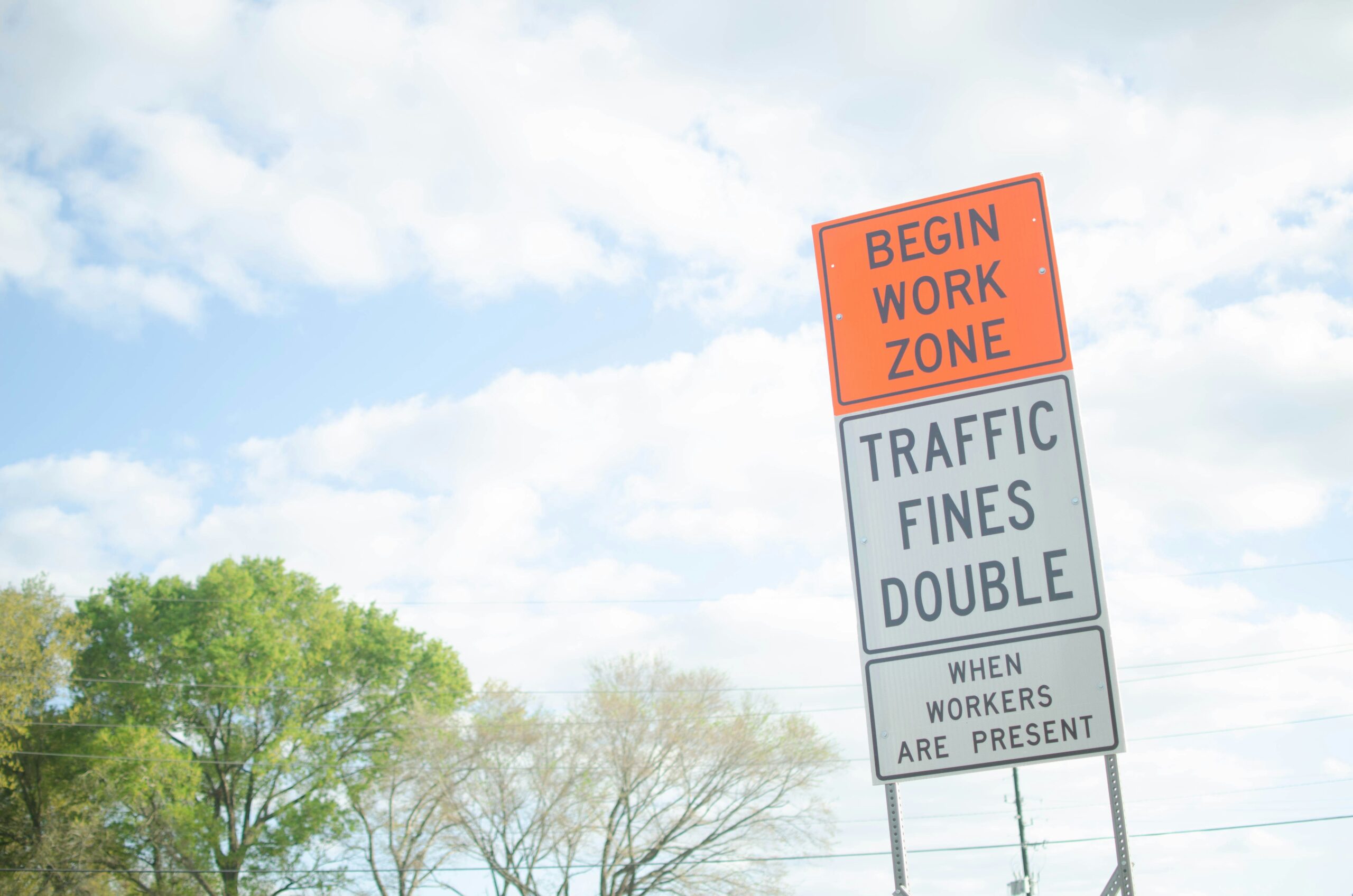Why Teaching Respect and Personal Space Matters
Raising a child is one of life’s greatest responsibilities—and one of its greatest joys. Every choice we make as parents today shapes not just who our children are now, but who they become tomorrow.
One of the most important, yet often overlooked, lessons we can teach our children is about respecting personal space. This simple concept, when taught early, can lead to stronger relationships, better emotional intelligence, and a happier, more confident child.
In this article, we’ll explore how setting healthy boundaries, modeling respect, and creating a secure environment can lead to a joyful, emotionally balanced future for your child.
The Foundation: Why Early Lessons Matter
Children are not born knowing how to respect personal boundaries—they learn by watching, practicing, and receiving guidance. When parents are intentional about teaching empathy, respect, and self-awareness, they’re giving their child a lifelong advantage.
What happens when we teach children the right way:
- They become better at communicating and managing emotions
- They form healthy relationships with peers, siblings, and adults
- They feel more confident and secure in themselves
- They learn to recognize and respect their own needs
This builds a strong emotional foundation that lasts well beyond childhood.
Teaching Personal Space: A Key to Social Success
Many social and behavioral issues in early childhood come from a lack of understanding about personal space. Kids might hug too tightly, stand too close, or grab toys without asking—not out of rudeness, but because they haven’t learned the concept of boundaries yet.
How to teach it:
- Use visuals: Show the idea of a “bubble” around everyone’s body
- Practice role-play: “What should you do if someone stands too close?”
- Read books or watch videos that model respectful behavior
- Give real-time feedback gently: “Let’s give our friend some space.”
By teaching this skill early, you help your child become more emotionally intelligent and socially aware.
Respect Starts at Home
Children who feel respected are more likely to respect others. That begins with the way parents talk, touch, and respond to their child daily.
Ways to model respectful parenting:
- Ask permission before entering their room
- Listen without interrupting
- Allow them to express emotions safely
- Honor their “no” when appropriate (example: not forcing hugs)
When you respect your child’s boundaries, they learn how to set and honor boundaries with others.
Creating a Safe Emotional Environment
A happy child isn’t one who’s always smiling—but one who feels safe to be themselves, make mistakes, and grow with support.
Build this environment by:
- Encouraging open communication
- Validating feelings without judgment
- Being consistent with rules and expectations
- Letting your child know they are loved, even when they mess up
This sense of security gives them the courage to explore, connect, and become their best selves.
Long-Term Benefits: What Happens When You Raise With Respect
Raising your child the “right way” isn’t about perfection—it’s about intention. When you teach respect, empathy, and boundaries, you’re raising a human who is:
- Emotionally mature
- Better prepared for relationships
- Less likely to engage in harmful behavior
- More resilient to peer pressure
- Aware of their self-worth
They’re not just happier kids—they grow into happier adults.
Real Life Example: From “Too Clingy” to Confident
Take 6-year-old Ava, for example. She used to struggle with social boundaries—hugging strangers, interrupting conversations, and clinging to her mom in new situations.
But with patient guidance, including clear explanations, social stories, and consistent role-play, she began to recognize when to step back and when to engage. Within months, her relationships at school improved—and so did her confidence.
Small lessons in personal space became big wins in her emotional development.
Tips for Parents: Teaching Respect and Raising Happy Kids
- Start early: Even toddlers can learn basic concepts like “stop” and “this is mine.”
- Stay patient: Learning boundaries is a process, not a one-time lesson.
- Use positive reinforcement: Praise respectful behavior.
- Create routines: Predictable environments build trust and emotional safety.
- Practice what you preach: Children mirror what they see.
Final Thought: The Way You Raise Your Child Shapes Their World
Raising a happy, respectful, confident child is not about being the perfect parent. It’s about showing up consistently, teaching the right values, and creating a space where your child can thrive.
By helping kids understand personal space, respect, and self-awareness, you give them tools that lead to lifelong happiness—in friendships, in family, and within themselves.
Because in the end, the best gift you can give your child is the ability to build healthy, joyful relationships—starting with the one they have with you.



